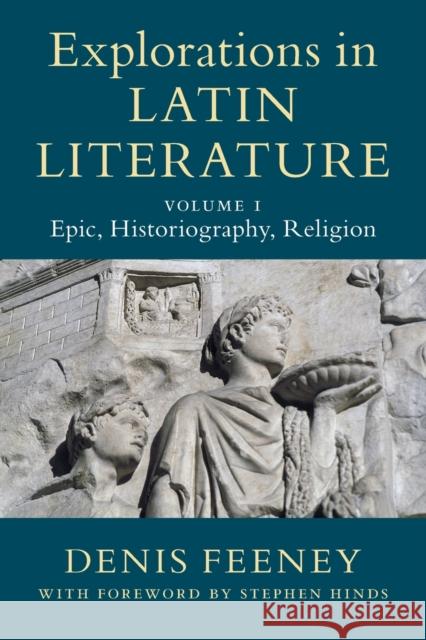Explorations in Latin Literature: Volume 1, Epic, Historiography, Religion » książka
topmenu
Explorations in Latin Literature: Volume 1, Epic, Historiography, Religion
ISBN-13: 9781108741538 / Miękka / 2023 / 443 str.
Explorations in Latin Literature: Volume 1, Epic, Historiography, Religion
ISBN-13: 9781108741538 / Miękka / 2023 / 443 str.
cena 140,86
(netto: 134,15 VAT: 5%)
Najniższa cena z 30 dni: 138,94
(netto: 134,15 VAT: 5%)
Najniższa cena z 30 dni: 138,94
Termin realizacji zamówienia:
ok. 22 dni roboczych.
ok. 22 dni roboczych.
Darmowa dostawa!
A collection of all the major papers by a leading Latinist, on key ancient genres and theoretical issues.











